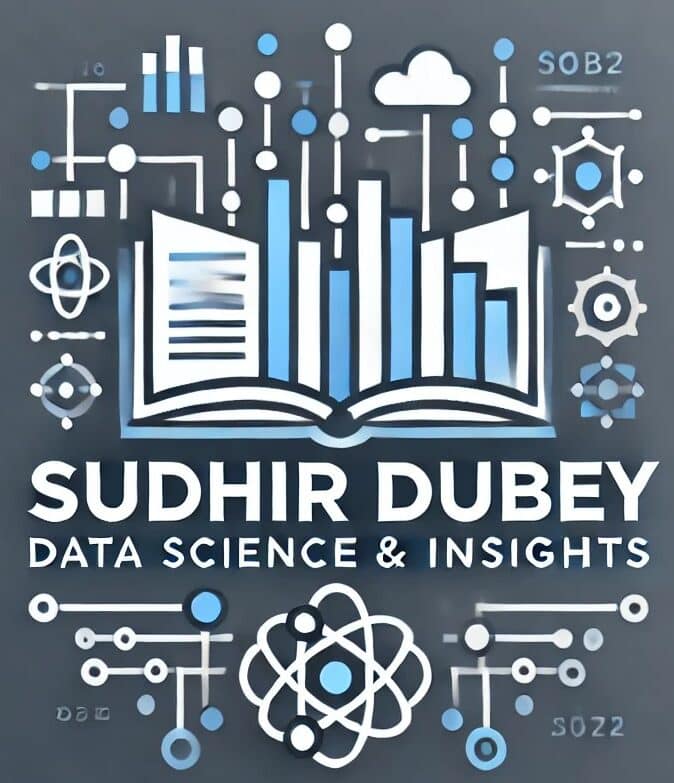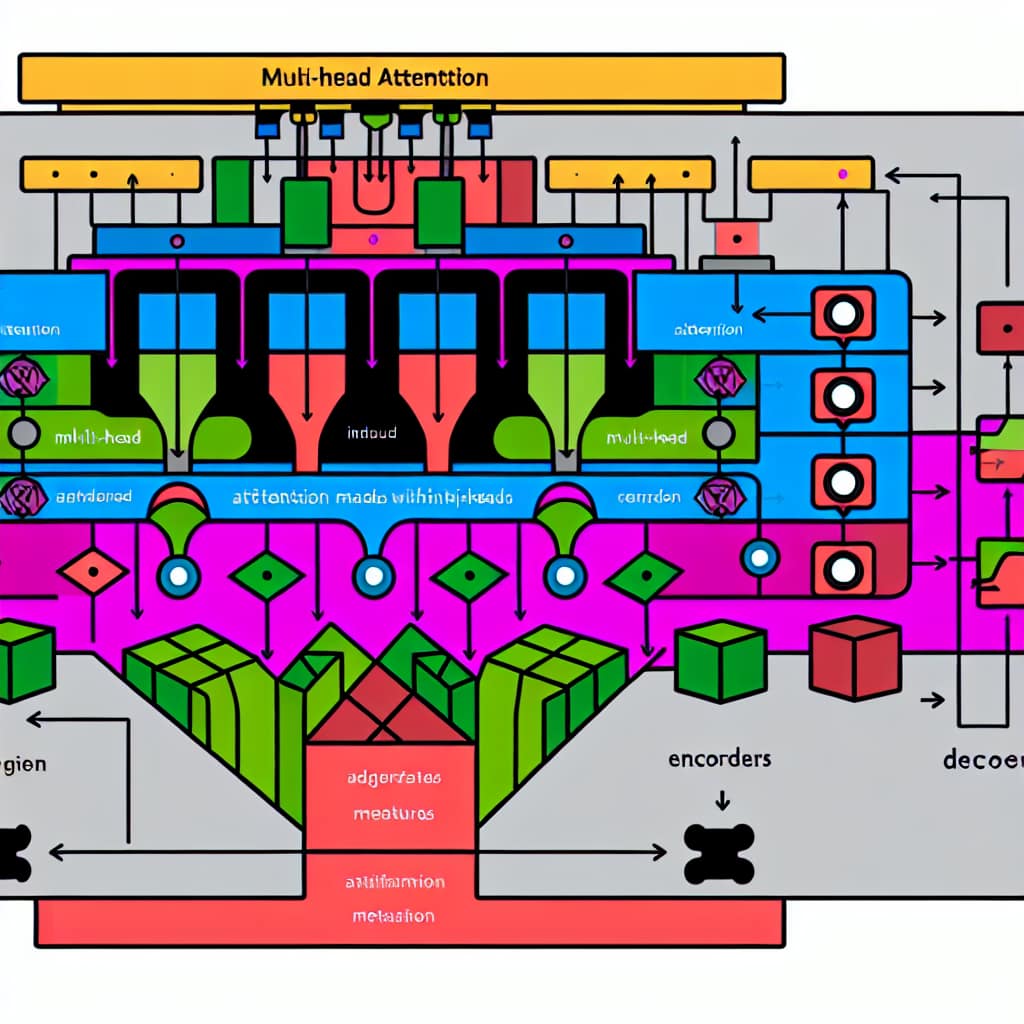Advanced Generative AI: Essential Insights for Synthetic Data Privacy in 2025
Synthetic data is becoming pivotal in the rapidly evolving landscape of AI and data science, with generative AI playing a crucial role. By 2025, understanding how to generate synthetic data responsibly and protect privacy has become essential for professionals and enthusiasts alike. This article explores the intersection of generative AI, synthetic data, and privacy, offering insights into current practices and future trends.
Organizations face growing pressure to handle data ethically and comply with stringent privacy regulations. Synthetic data offers a promising solution by enabling data-driven innovation while safeguarding sensitive information. We will delve into the advanced applications of generative AI in synthetic data generation, examine real-world case studies, and discuss best practices for maintaining privacy.
Table of Contents
Introduction to Generative AI
Generative AI refers to machine learning models capable of creating new content, from text to images. It leverages techniques such as GANs (Generative Adversarial Networks) and VAEs (Variational Autoencoders) to mimic human-like data generation. These models are indispensable in synthetic data generation, providing solutions where access to real-world data is restricted.
For a comprehensive understanding of generative AI, you might explore our guide to AI tools to empower your projects.
Synthetic Data Generation
Synthetic data generation involves creating data artificially rather than collecting it from real-world events. Techniques in generative AI enable the production of high-quality synthetic datasets that mirror the statistical properties of original data.
Techniques of Synthetic Data Generation
Several generative models are employed in this context:
- GANs: Use two networks, generator and discriminator, to produce data that is indistinguishable from real data.
- VAEs: Encode data into a latent space and decode it, producing new data points with variations.
These models are not without challenges, as ensuring data utility while preserving privacy remains complex. The demand for scalable techniques increases as industries adopt AI at scale.
Privacy Concerns and Solutions
Artificially created datasets mitigate privacy risks but are not immune from concerns. Ensuring that synthetic data does not inadvertently encode sensitive attributes is paramount. New privacy-preserving mechanisms like differential privacy are being integrated into synthetic data workflows to address these challenges.
Incorporating differential privacy ensures that the output of AI systems never reveals individual datasets, even if the underlying data changes. This approach helps businesses comply with regulations such as GDPR and CCPA, keeping ethical considerations in focus.
Real-World Applications
Synthetic data is employed across industries, including healthcare, finance, and autonomous driving. For instance, in healthcare, synthetic patient data allows researchers to develop models while preserving patient confidentiality. In the automotive sector, companies like Waymo use synthetic data to simulate billions of miles of driving in varied conditions, boosting autonomous vehicle testing.
To understand these applications’ operational context better, see our detailed use case analysis.
Emerging Trends
Looking forward, the refinement of generative models will pave the way for synthetic data’s greater adoption. AI ethics will gain prominence, driving innovations that balance utility and privacy. Efforts to standardize methods and evaluation criteria are underway, with organizations collaborating globally to establish guidelines and open datasets for benchmarking.
Furthermore, the expansion of synthetic data marketplaces could revolutionize data sharing among organizations under secure and privacy-preserving conditions.
FAQ
What is synthetic data?
Synthetic data is artificially generated data that mimics real-world datasets in terms of statistical properties, while not directly corresponding to any actual events or individuals.
Why is generative AI important for synthetic data?
Generative AI models like GANs and VAEs are crucial for creating realistic synthetic data that preserve the statistical properties of genuine datasets, enabling safe and effective research and development.
How does synthetic data contribute to privacy?
Synthetic data contributes to privacy by offering data that does not contain any real personal information, thus limiting the risk of exposure and ensuring compliance with privacy laws.
What are some challenges of synthetic data?
Challenges include ensuring data quality, maintaining diversity for accurate model training, and effectively integrating privacy measures to prevent leakage of sensitive information.
Concluding Thoughts
As reliance on data intensifies, synthetic data’s role in data science and AI will grow. Generative AI holds promise for reconciling the need for data innovation with privacy concerns. Understanding its applications and challenges is crucial for future-proofing AI strategies.
For those looking to dive deeper into AI advancements, consider subscribing to our newsletter for the latest insights and updates. Explore our resources to stay ahead in the dynamic field of AI and data science.



